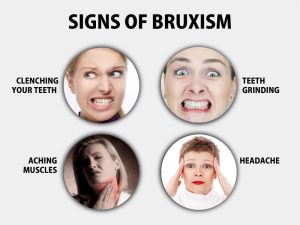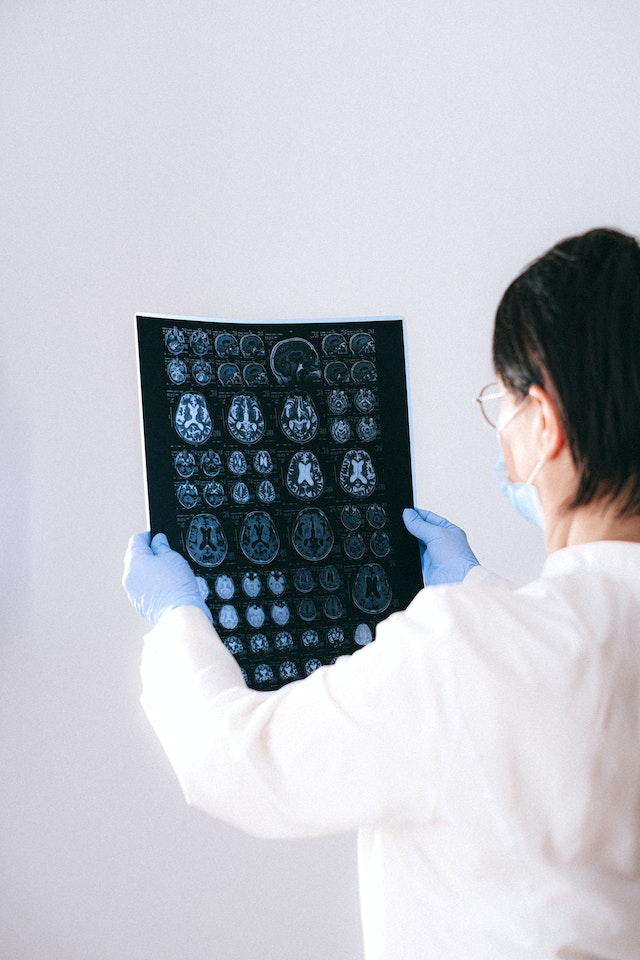Introduction
Teeth grinding, clinically known as bruxism, can be a distressing and damaging condition affecting many individuals worldwide. Often occurring during sleep, this involuntary habit can lead to various dental problems, facial pain, headaches, and disrupted sleep patterns. Fortunately, there are several effective solutions available to help manage and alleviate teeth grinding. In this comprehensive guide, we’ll explore the causes of bruxism and delve into actionable strategies and treatments to silence those nighttime grinds once and for all. Explore More About (Motion Sickness)
Understanding Bruxism: Causes and Symptoms
Causes
Bruxism can stem from various factors, including stress, anxiety, misaligned teeth, sleep disorders, or lifestyle habits. Individuals may also grind their teeth as a response to pain or discomfort from conditions like earaches or toothaches.
Symptoms
Recognizing the symptoms of bruxism is crucial for early intervention. Common signs include worn tooth enamel, increased tooth sensitivity, jaw pain or tightness, headaches (especially in the morning), earaches, facial pain, and disrupted sleep.

Impact of Teeth Grinding on Oral Health
Dental Damage
The repetitive grinding motion can lead to significant dental issues over time, such as fractured teeth, enamel erosion, and even tooth loss in severe cases. This not only affects the aesthetics of the smile but also compromises oral function and overall dental health.
TMJ Disorders
Bruxism is closely linked to temporomandibular joint (TMJ) disorders, causing inflammation, pain, and restricted movement in the jaw joint. Untreated bruxism can exacerbate TMJ problems, leading to chronic discomfort and difficulty in chewing or speaking.
Solutions to Combat Bruxism
1. Night Guards
Custom-fitted night guards, also known as occlusal splints or mouthguards, are commonly prescribed to protect the teeth from grinding during sleep. These dental appliances provide a cushioning barrier between the upper and lower teeth, preventing wear and minimizing jaw strain.
2. Stress Management Techniques
Since stress is a significant trigger for bruxism, implementing stress-reduction strategies can help alleviate symptoms. Techniques such as mindfulness meditation, deep breathing exercises, yoga, and progressive muscle relaxation can promote relaxation and reduce nighttime grinding episodes.
3. Behavior Modification
Conscious effort to break the teeth grinding habit can be beneficial. Techniques such as tongue and jaw muscle exercises, maintaining proper oral posture, and avoiding chewing gum or non-food objects during the day can help retrain the muscles and reduce bruxism severity.
4. Lifestyle Adjustments
Simple lifestyle changes can make a significant difference in managing bruxism. These include reducing caffeine and alcohol intake, practicing good sleep hygiene, avoiding stimulating activities before bedtime, and maintaining a balanced diet rich in magnesium and calcium.

5. Professional Interventions
In severe cases of bruxism, seeking professional help from a dentist or sleep specialist may be necessary. Treatments such as dental realignment (orthodontics), cognitive-behavioral therapy (CBT), muscle relaxants, or biofeedback techniques can be recommended based on individual needs.
Night Guards vs. Other Solutions
| Solution | Advantages | Disadvantages |
|---|---|---|
| Night Guards | Provides cushioning barrier, protects teeth from grinding, minimizes jaw strain | Initial discomfort, may need adjustment period |
| Stress Management | Addresses underlying cause, promotes relaxation, reduces overall stress levels | Requires consistent practice, may not be effective alone |
| Behavior Modification | Retrains muscles, breaks habit of grinding, improves oral posture | Takes time to see results, requires commitment |
| Lifestyle Adjustments | Supports overall well-being, enhances sleep quality, reduces triggers for bruxism | Requires discipline, may not be sufficient for severe cases |
| Professional Interventions | Tailored treatment options, addresses specific needs, provides expert guidance | May be costly, requires professional consultation |
Conclusion
Bruxism can pose significant challenges to oral health and overall well-being, but with proactive intervention and lifestyle adjustments, its impact can be minimized. By understanding the causes, symptoms, and available treatments for teeth grinding, individuals can take proactive steps to silence the nighttime grinds and restore peaceful sleep and optimal oral health.
Don’t let teeth grinding disrupt your life. Take control today and embrace a restful, grind-free future.










